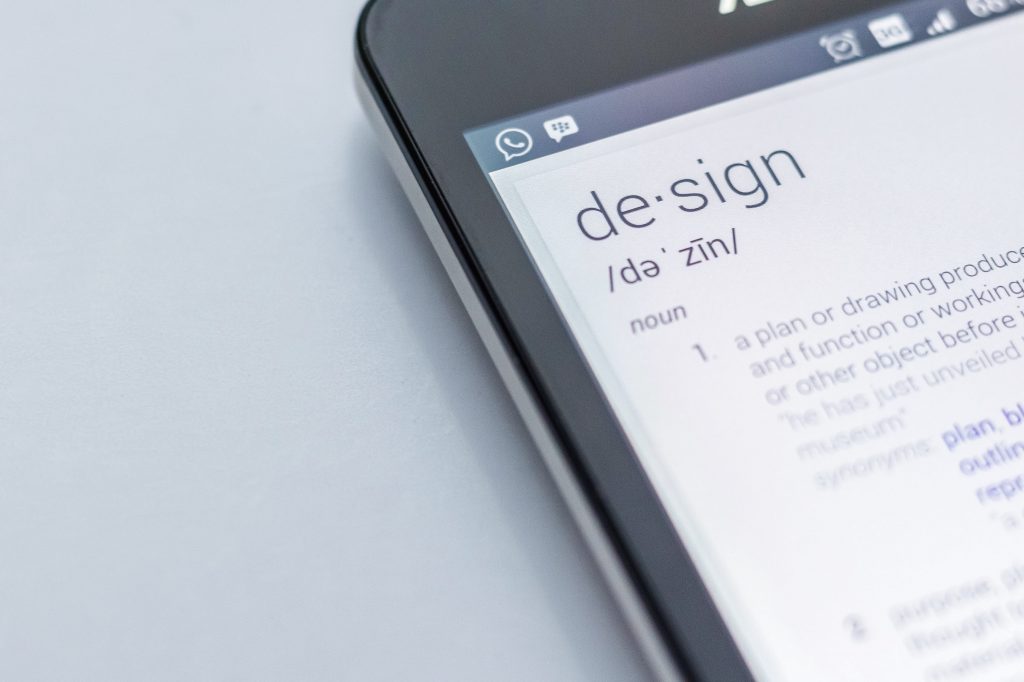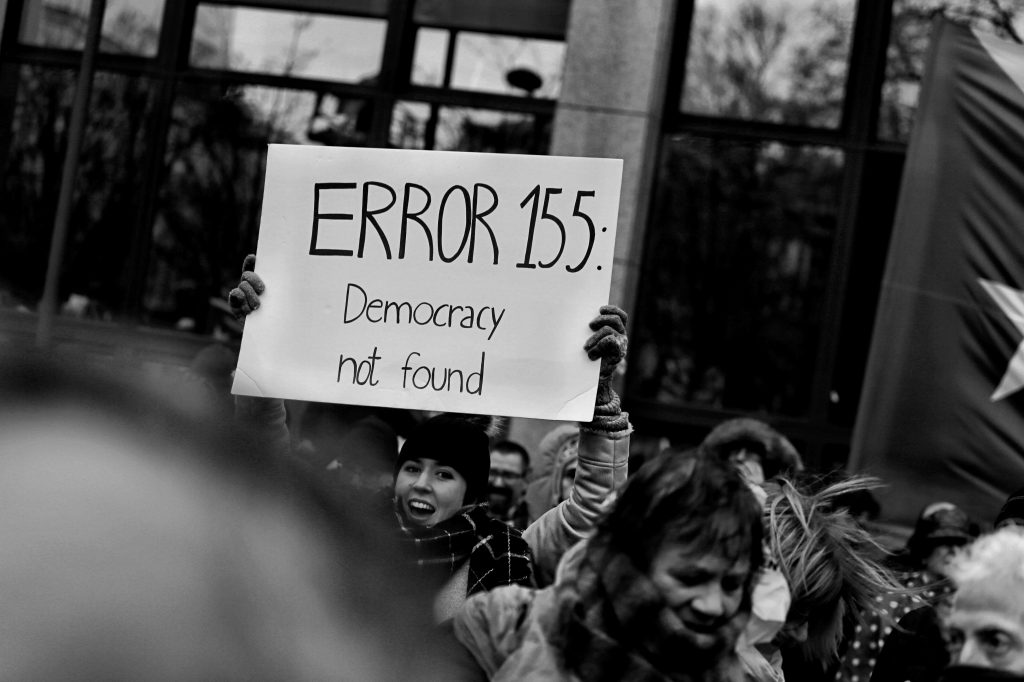Civil Rights Defenders Joins the Design 4 Democracy Coalition

The Coalition’s mission is to ensure that technology and social media work to better support democracy and human rights globally. Thus, responding to an obvious need in today’s digital age.
The Design 4 Democracy (D4D) Coalition will bring its collective insights and perspectives to bear in a coordinated effort to navigate tech-enabled challenges with the following priorities in mind:
- Surfacing country-level insights and escalating concerns from around the world to better track the ways that technology is impacting democracy, and to inform smarter responses to challenges like digital disinformation, computational propaganda, and cybersecurity threats;
- Coordinating support for the development of programs, research methodologies, and civic tech interventions to help mitigate threats and promote the integrity of democratic governance and political processes; and
- Advocating for democracy as a core design principle for technologists and industry leaders, and working collectively to promote a wider understanding of the value of strengthening and supporting democracy around the world.
This focus is generally quite new and, therefore, represents an innovative and necessary change in the way that information technology has been developed and governed in recent years. Coalition members include the National Democratic Institute, International Republican Institute, International Foundation for Electoral Systems and, perhaps most interestingly, Facebook and Twitter, with other big tech companies set to join. These latter companies have established an engagement with human rights organisations in an attempt to better align their respective platforms with fundamental human rights. To this end, Civil Rights Defenders’ Innovation Initiative will offer expertise and guidance from a human rights perspective. The overall purpose of this cooperation is to galvanise a shift where technology companies bring out the best in humanity and challenge technology that encourages the worst. The behaviour of Facebook and Twitter users have certainly exemplified both sides. Now, with support and advice from Design 4 Democracy, they are taking a look at how to actively encourage more ethical user interaction.

The companies involved are well aware that their platforms are being used by people (and bots), now more than ever before, to form political identities. Because so many people engage with these platforms, the companies inevitably end up shaping part of the political sphere. The major tech actors today realise the power and impact their platforms have on public debate, shared ideas, and views. However, sometimes these platforms also suffer from filter bubbles, propaganda, fake news, hate speech and other major issues. The effects on the US presidential election in 2016 is a prime example and a big reason as to why the D4D Coalition has now been formed.
The question now becomes: will the tech companies influence support or harm democracy? The choice is theirs to make for better or worse. By cooperating with the Coalition, they have publically planted both feet squarely in democracy’s camp. Their cooperation with human rights organisations will hopefully promote a future for digital platforms that advance open, democratic politics and accountable, transparent governments. By using a human rights approach, the Coalition aims to improve the online environment and make it more democratic.
For Civil Rights Defenders specifically, our engagement in the Coalition is particularly exciting for two reasons. Firstly, for our partners, and secondly, for advancing our work on digital rights.
Our partners, who promote human rights in some of the most repressive countries globally, are targets online. Strong governments, secret services, or similar actors, surveil their activity, and every now and then take direct action such as hacking or shutting down their social media accounts. Often these incidents occur just ahead of important events, such as elections or the passing of new legislation, effectively censoring opposing views at key times. By joining the Design 4 Democracy Coalition, we can, to the benefit of our partners, work proactively to prevent incidents from occurring, and equally importantly, take action to remedy these attacks more quickly, making sure our partners get back online promptly.

Through our partners, we know better than most what vulnerabilities human rights actors and regular citizens suffer from online. Attacks against human rights, such as the right not to be discriminated against, that take place online, are unfortunately often not treated with the same severity by the judiciary. This happens despite the fact that we today live more and more of our lives online, with many people, particularly youths, not making a distinction between online and offline. Based on our access to the experience of local human rights defenders, we can lift these issues to a new forum, hence being able to exert leverage on digital rights, by talking directly with the big platforms.
For us, and our friends, who work with human rights online, the digital arena often seems like the wild west. Russia tries to influence elections and runs troll factories to polarise and destabilise democratic countries. China has digitised citizenship by associating one’s credit score with one’s online behaviour. Nationalistic movements spread false information and organise themselves to bully anyone not advancing their narrative. Private businesses are selling advanced surveillance equipment to authoritarian states and some countries simply shut down the internet at certain pivotal times. Sadly, the list is much longer, however the above is enough to showcase the importance of digital rights.
Through the Design 4 Democracy Coalition, the Innovation Initiative will continue to push for digital rights. Stay tuned for further developments on our work with D4D.


